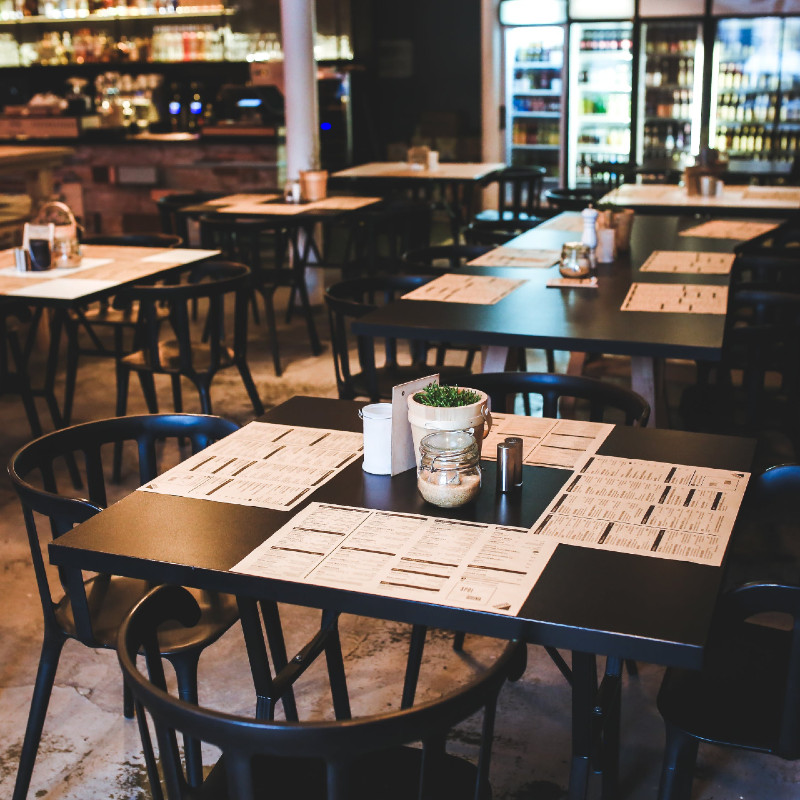Another semester is coming to a close, and this marks the end of the academic year for the globalEDGE team. This semester has brought with it significant and unique challenges that have forced our team, and people around the world, to adapt to a new lifestyle and embrace change as we never have before. Through it all, we hope you were able to benefit from our perseverance and continue to glean useful knowledge from our blog posts and website resources.
With that, the globalEDGE blog will be taking a break from its regular schedule throughout the summer. Until we return with exciting ideas and information in September, we hope our readers stay safe and we thank you for your interaction and viewership throughout the year.
















